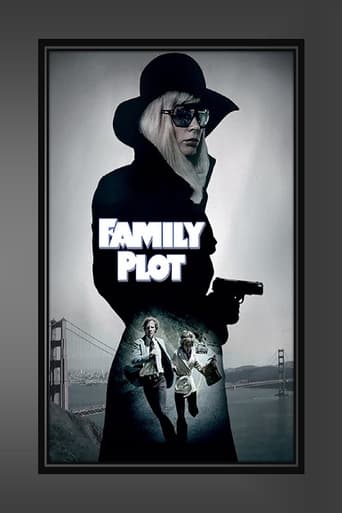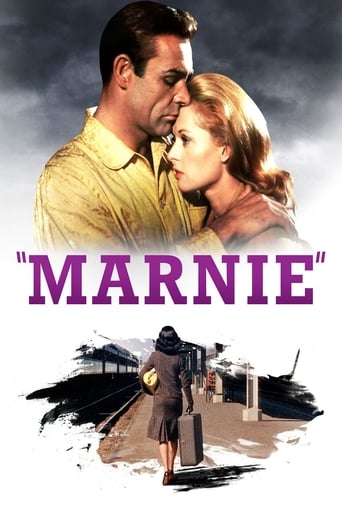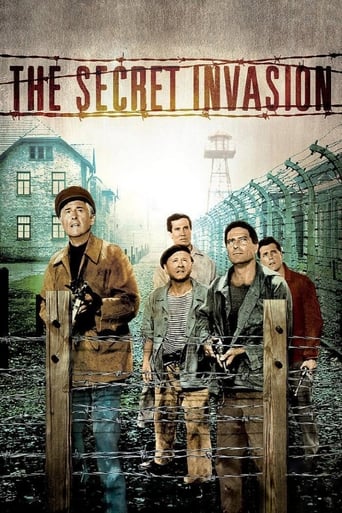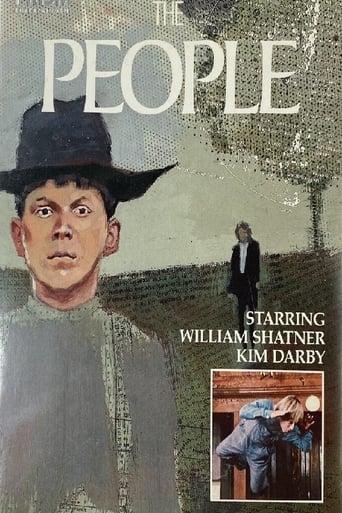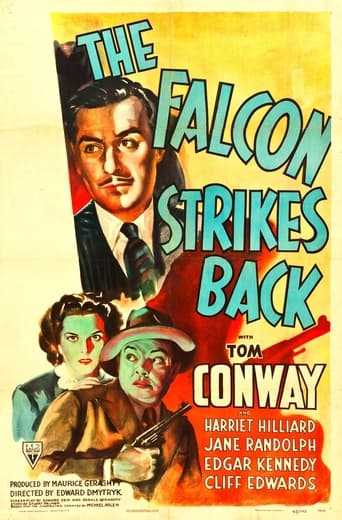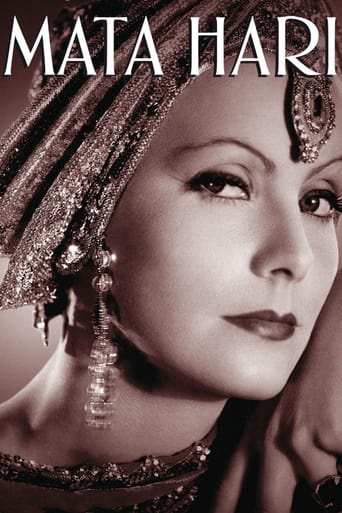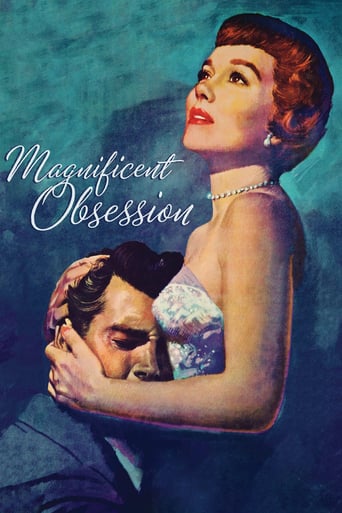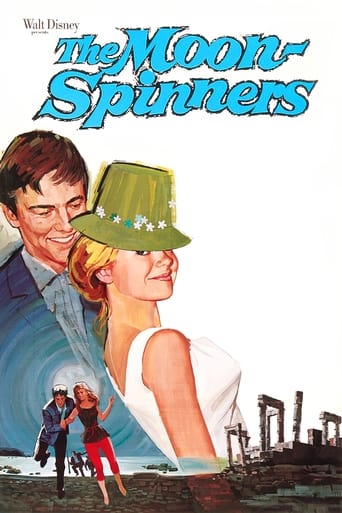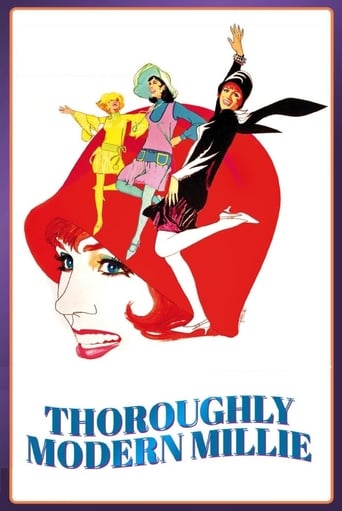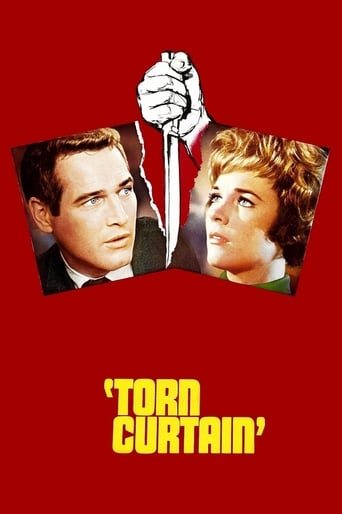


Torn Curtain
During the Cold War, an American scientist appears to defect to East Germany as part of a cloak and dagger mission to find the formula for a resin solution, but the plan goes awry when his fiancee, unaware of his motivation, follows him across the border.
-
- Cast:
- Paul Newman , Julie Andrews , Lila Kedrova , Hansjörg Felmy , Tamara Toumanova , Ludwig Donath , Wolfgang Kieling


Similar titles
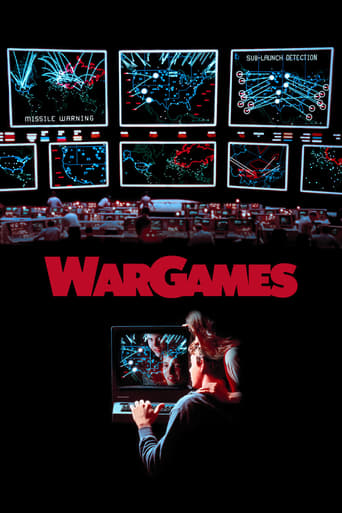
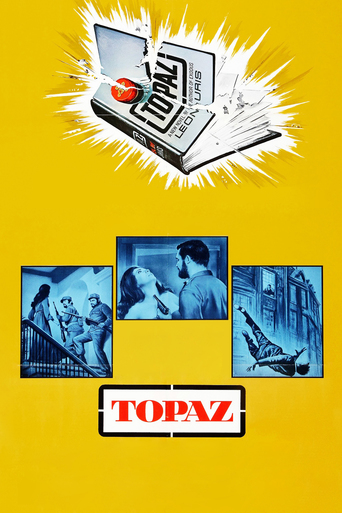
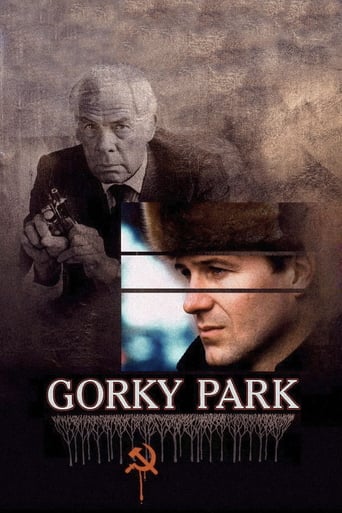
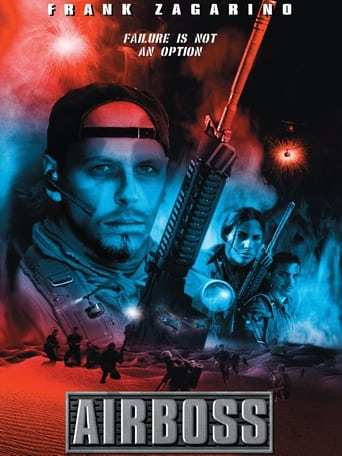
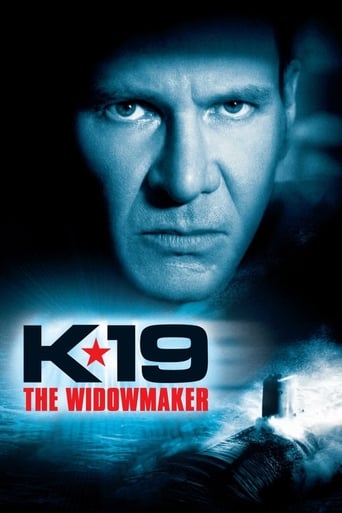
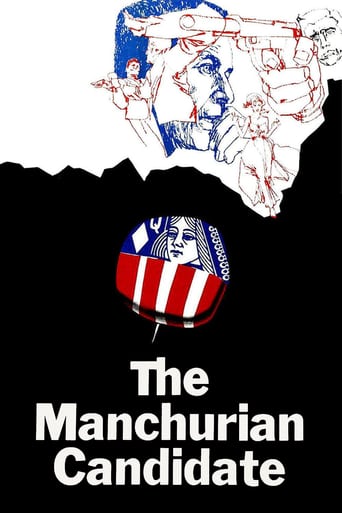
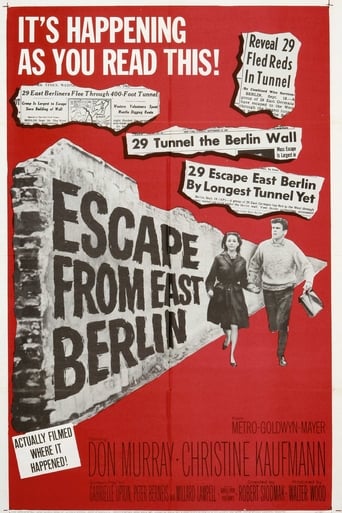
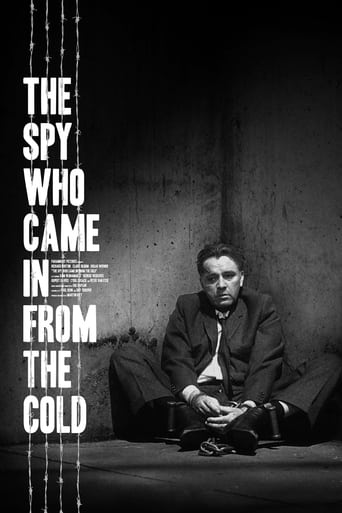
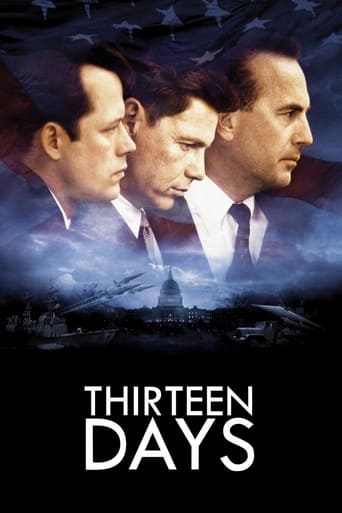

Reviews
A different way of telling a story
Simple and well acted, it has tension enough to knot the stomach.
Clever and entertaining enough to recommend even to members of the 1%
The movie really just wants to entertain people.
This film was not well received when it came out, and has often been criticised for being inferior. But some of those people who claimed that are the ones who praised Hitchcock's genuinely inferior films such as REAR WINDOW (1954, see my review) and his second version of THE MAN WHO KNEW TOO MUCH (1956, see my review), both of which were terrible. In the latter film Hitchcock unfortunately cast Doris Day as the female lead, and she ended up deafening us all with repeatedly singing 'Que Sera Sera' in the middle of what was meant to be a suspense film. Here, Hitchcock cast Julie Andrews, but she pointedly does not start singing from mountain tops about the sound of music, but instead concentrates on the tense espionage tale in which she is involved in the story. So Hitchcock must have learned his lesson about singing actresses in suspense films, which is to make them shut up. Having thus brought that situation under control, it must be said that both Paul Newman and Julie Andrews do very well in this film, and deliver excellent performances. But for sheer acting genius, the accolades must go to the amazing Russian actress Lila Kedrova, who lends such magic, charm and pathos to her supporting role of Countess Kuchinska that the film is worth seeing solely for that. Another Russian actress, who was also a ballerina, is also superb in the film, namely Tamara Toumanova, who plays the prima ballerina on tour who almost brings death and disaster to the hero and heroine in the story by recognising them at the worst possible moment. Her acting career was sparse, and she only appeared in seven films, in one of which (TONIGHT WE SING, 1953) she played Anna Pavlova. It is the period of the Cold War, and in this film Newman plays an American physics professor who defects to East Germany from a physics conference in Copenhagen. He is a fake defector whose true purpose is to meet a German professor named Lindt (excellently played by the Austrian actor Ludwig Donath) and pick his brains, to help him solve a crucial problem. He then wishes to flee back to the West, aided by the American security services and in possession of the information he needs. But everything gets balled up because Julie Andrews, who is in love with Newman, unexpectedly follows him to Copenhagen and then to East Germany as well, and as people say these days on Facebook: 'It's complicated.' There are some marvellous grisly Hitchcock touches in this film, the most spectacular and gruesome being the scene where Newman has to kill a Stasi agent who is after him in the most outrageous manner by dragging his head into a stove. It is one of Hitchcock's most extreme examples of black humour. It's not that we see a lot of blood and gore, but that we are shown in what is intended to be a semi-comical fashion just how difficult it can be to kill someone who keeps refusing to behave himself properly and just die like he is supposed to. This is one of Hitchcock's successful efforts, and one should not listen to the scoffers who try to pretend it isn't.
It is very revealing when the making of a picture is richer in conflict elements and tension than the plot itself, for "Torn Curtain" never really fulfills the potential of what its elevator pitch might have carried, and ends up as a rather benign take from the Master of Suspense on the then-popular spy thriller sub-genre, starring then box-office stars Paul Newman and Julie Andrews as rocket science professor Michael Armstrong and his secretary and fiancée, Sarah Sherman. Yet despite the romantic introduction of the couple, there's no real chemistry. Actually, there's no chemistry between the actors and the story, in fact, it's like the whole project was estranged to the word 'chemistry'. It appears that Hitchcock was displeased with the script's first draft, feeling it was lacking some spice and humor, despite structural qualities, the second draft was slightly better but caused Newman to express some concerns about his character and the plot. The last person who dared to challenge the Master was "Marnie"'s second writer and he got himself fired for it. But Newman was pushed by the studios, along with Andrews, while Hitch' choice bent towards Anthony Perkins (an aged and soon-to-retire Cary Grant being unavailable) and Eva Marie-Saint who proved her worth in "North by Northwest". You can tell from the movie that Newman knew about Hitchcock's inclinations, and it affected his performance, covering such a wide range of emotions that his focused and confused looks look exactly the same.But Julie Andrews deserved a little better, basically, her performance only consists on emotional reactions. First, she's shocked that her fiancée might be a defector, then she's ecstatic because he's a hero, and after that, she's the usual female follower grabbing her man's arm. Initially, the project was inspired by a real-life adventure of British spies that made Hitch wonder how the wives lived the situation, "Torn Curtain" was supposed to be told from Sarah's perspective with the shadow of mystery on her husband. But the secrecy that surrounds Newman's behavior and the constantly worried look on Andrews' face transfers the interest from the characters to the plot... which is rather tedious and meager in excitement during the first act.So many negative vibes burdened the project and buried its chance to make for a more enthusiastic and heart-pounding film, "Torn Curtain" also marks the last collaboration with Bernard Herrmann who was fired because he couldn't come up with a score that matched Hitch' demands. In the end, you have two undesired lead actors, a script that couldn't be improved because of Andrews' tight schedules, and a score from John Addison that doesn't really stick to your head. Hardly the ingredients of a masterpiece. But the experienced director had a few tricks under his sleeve, and knew he could spice up the tasteless plot with two secret ingredients: supporting actors and creative thrills. And this is how one of the lesser films from Hitchcock afforded the luxury to have one of the most memorable deaths from his films, or any film.The highest point of the film is the gruesome and laborious murder of East German Agent Gromek, that takes almost five minutes (preliminaries included) in order to show how difficult it is to kill a man, especially when you're an amateur or a farmhouse lady, using domestic instruments such as a bowl, a knife, a shovel or an oven. The only inconvenience of that scene is that it deprives the film from one of its most interesting characters, wisecracking gum-chewing Wolfgang Krieg who looked nothing like the cold and manipulative typical Communist. Thankfully, the film wasn't devoid of scene-stealing supporting performances, from Ludwig Donat as the comic-relief Professor Lindt to Lila Kedrova as the bizarrely touching Countess who's desperate to help the couple to flee if they can sponsor them in exchange, although her presence was overplayed, she incarnated people's condition behind the curtain and she left an indelible impression, which is more than what the leading couple did."Torn Curtain" third act is more conventional in Hitchcockian terms, the bus ride to Berlinthe Stasi was one long cat-and-mouse chase with the right balance of suspense and humor and the ballet theater was a fitting setting for the obligatory climax, with the presence of Ballerina (Tamara Toumanova) as a comical and dramatic pay-off. Yet for a film that made killing so hard, it's hard to accept how escaping could be so easy. There's no real feeling that the lives of the protagonists are at stakes, Armstrong marks a secret sign on the ground and doesn't think of erasing it, he gets his formula very easily (which is a letdown as it was the film's "MacGuffin"), he escapes from the campus, the bus and the theater as easily and conveniently as Tintin and Captain Haddock in "The Calculus Affair". And you know what, this wouldn't have mattered if Hitch treated his material like he did with the no-less contrived but more enjoyable "To Catch a Thief", but Hitch didn't care enough to glamorize poor Andrews who had to keep that ugly brownish overcoat all through the picture. At the end, Hitch made this film in a rush and the result met with fair box office success but one of his worst critical reception. A pity because the film can pass as a legitimate Hitchcock picture but instead of seeing the good in it, we'll always look at the better that could have been. Of course, after the extraordinary streak that started with "Vertigo" and ended with "The Birds", it would have been difficult for Hitch to top himself, but I guess that's what viewers expected, but even with modest expectations, the film is a disappointment. It's almost ironic that the making of the film embodied the very Cold War that drove the narrative.
In the 1960's the tensions of the Cold War ensured that the spy genre was at the height of its popularity both in films and on TV. After the financial failure of Marnie (1964), Alfred Hitchcock chose to play it safer and moved away from the complex psychological aspects of that film and into the more populist, less ambiguous spy thriller territory with his next two films Torn Curtain and Topaz (1969). Unfortunately, the decision did not pay off, as both of those were equally as unsuccessful at the box office as the darker, less straightforward Marnie. For me, Marnie is easily the best of Hitchcock's three 60's box office bombs but of the two spy thrillers, Torn Curtain is superior to Topaz. It's less flabby and more concise, yet both films share a similar characteristic where they begin very well but lose their way somewhat in their final third. With Torn Curtain, the initial set-up is somewhat intriguing and paced very well; it also includes a classic Hitchcock scene where a man and a woman kill a communist security agent in a farmhouse in a particularly protracted an messy fashion, going against cinematic norms and illustrating the sheer difficulty of killing someone. But psychological edginess is eventually disregarded and the plot essentially mutates into a chase movie which is a bit of a let-down considering the potential that has been put in place in the set-up.Its story has an American nuclear physicist defect to East Germany but finds his situation complicated when his fiancé follows him. This one is also typified by featuring two actual mega-stars of its day in Paul Newman and Julie Andrews. It has to be said though that neither of them seem to be at their best here and their performances almost feel a bit forced. Seemingly Hitchcock did not work well with method actor Newman and this clash of styles could be at least partially responsible for the uneasy feeling on-screen. Torn Curtain is hardly a disaster though as it does contain some great moments and benefits from a very polished look. And in fairness, even though it is somewhat routine, it's no less so that a few of Hitchcock's earlier more lauded thrillers. I do feel though that this director is at his best when he is working with material with more psychological edginess, as opposed to the more straightforward suspense embodied in Torn Curtain. It's a solid but unspectacular affair.
Take two outstanding stars; add a handful of top notch character actors; a celebrated director, and you should have a first rate film. Instead, you have wooden performances by Newman and Andrews. Add to it backgrounds that are so unrealistic looking that they are obviously Hollywood stages with artificial lighting and uncreative photography.Worst of all is the plot. The so-called excitement or tension predominantly arises from an unbelievably stupid slip-up by Newman. He draws the mathematical symbol for Pi in the sand of a farmhouse to indicate to a non-English speaking German woman the purpose of his visit. She then introduces him to his contact, but he doesn't erase the symbol with his foot, which any idiot would do, no less a supposedly brilliant scientist.As a result, the East German surveillance bad guy sees the symbol, so he has to be bumped off, and all the subsequent chases derive from this single piece of Newman's stupidity. I would have thought that a film late in Hitchcock's career would have had more substance, and from all standpoints, been creatively better. I skimmed through parts of it, since the dialogue was pretty uninspired and there wasn't much to miss.

